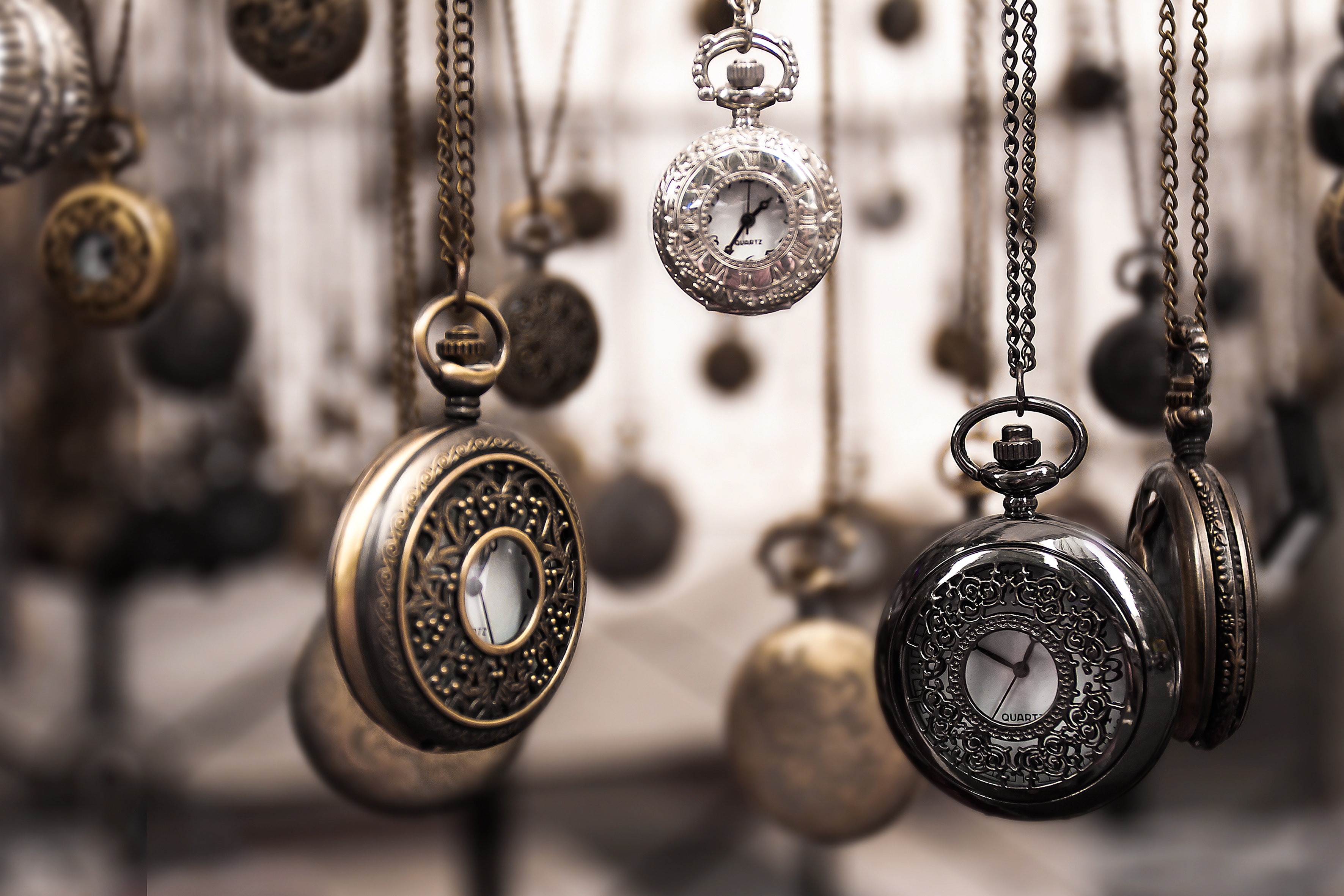This post is also available in Dutch .
Our brain is good at making us feel like our decade-old memories took place yesterday. Time can fly by! But is there a biological reason for this illusion?

Our lives are marked by the constant “tick tock” of the clock. But our brains seem to trick us into thinking otherwise.
Image courtesy of Pexels (CC0 1.0).
Time moves at a constant and fast pace. However, many of us are stumped the moment we realize that our first high-school year was 15 years ago (actual years may vary), or that it was 21 years ago that we were crying in the cinema while watching the end of Titanic (or angry because both of them clearly could have fit onto that piece of wood!). It is hard to admit that many of the events that are dear to us are way back in the past. This could just be a symptom of reading too many “you are going to feel old if you see this…” articles. But the concept of time has actually interested scientists for many years. And although there is still no answer, there is some evidence pointing towards a deeper explanation of this phenomenon.
Long-term memory: what makes us look back to the past
When we think about our memories from a few years ago, we are talking specifically about long-term memories. All long-term memories started once as short-term memories; the ones we have right after something happened. Most of our short-term memories end up vanishing from existence, while a few make the transition into “long term memories” and stick around for many years to come. This transition is often triggered by our emotions. The emotions we feel, especially if they are strong ones, help us remembering things from the past, either good or bad.
Does our perspective of time change with age? The ongoing dilemma
The idea that your perspective of time changes as you grow up dates back to old writings from the 19th century. In these texts they claimed that our childhood and adolescence are full of new experiences and “first times” that leave deep impressions on our memories and, upon remembrance, make us more aware of the passage of time. These episodes become less common as we are adults and we start to feel a reduced notion of time passing. Still today, we lack clear evidence to validate this hypothesis. There are indeed studies reporting differences in long-term memory and perspective of time in children and adults. But other researchers claim that new life experiences and the number of routines you’ve built up, say much more about our perspective of time than aging. There are even studies with opposing findings, showing that elderly subjects have an increased awareness of time passing. This has been attributed to the sadness they feel by living in a retirement home.
It seems that this feeling of time speeding up requires a much more complex explanation than we previously thought (If there is one!). While we do not have an answer, we can enjoy those good memories, whenever they were made!
This blog was written by João, and edited by Annelies and Monica

I had this discussion last week. As mindfullness is so trending over THE last years. I feel that if we as adults live back in THE moment instead of THE automatic pilot we perceive time differently. And time will progress at a lesser speed. Thus this looks more like a psychological event than a biological one.